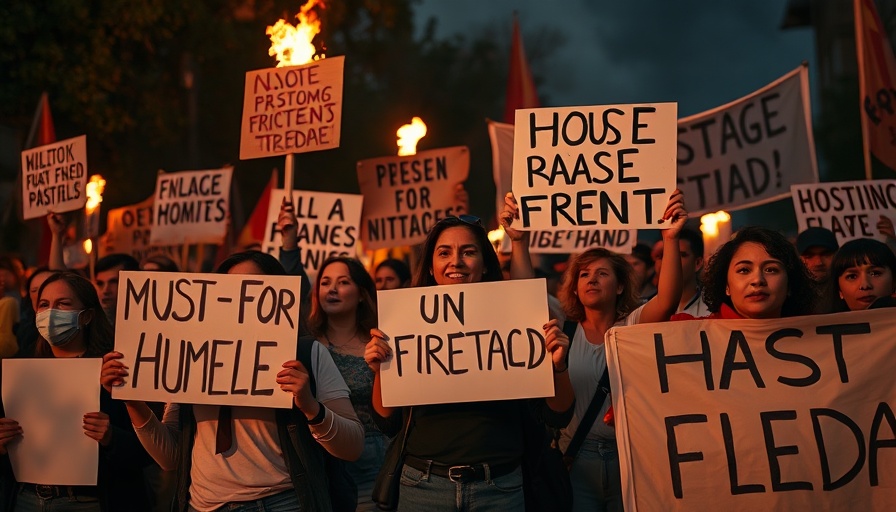
Kilmar Abrego Garcia's Unexpected Return to the US
In a rare turn of events, Kilmar Ábrego García, a 29-year-old El Salvadorian man, has returned to the United States after being mistakenly deported back in March 2023. This incident has drawn attention not only for its peculiar circumstances but also for the serious allegations facing García. He is now being charged with two federal offenses related to a suspected trafficking conspiracy.
Understanding the Charges
The charges against García involve allegations of conspiracy to transport undocumented migrants within the US, with claims that he played a significant role in a smuggling operation since 2016. The accusations assert that García has facilitated the movement of undocumented individuals from Texas to multiple states, sometimes as often as 100 times. He is also accused of transporting members of the MS-13 gang, a designation that raises the stakes significantly given the gang's notoriety.
The Legal Journey and Implications
After being detained in El Salvador alongside over 250 deportees, García's return to the US was facilitated by an arrest warrant from the US authorities. Despite this, his legal representatives assert that the charges are unfounded and that there has been a blatant abuse of power within the judicial process. García's lawyer emphasized that he has not been convicted of any crime in either the US or El Salvador, casting doubt on the government's claims.
A Broader Context: Legal Rights and Personal Freedoms
This case opens up a wider debate on the rights of deportees and the responsibilities of the US government in adhering to legal protocols. The White House's delay in compliance with a Supreme Court order previously directed at facilitating García's return only compounds the concerns regarding individual rights and the legal framework surrounding deportees.
The Public’s Reaction
As the initial hearing progresses in Nashville, reactions from the public and legal community are varied—a mixture of concern for a potentially innocent man, outrage over governmental mishandling, and questions about immigration policies. The outcome of García's case may set important precedents in how deportation processes are managed and how rights are upheld for those in similar positions.
 Add Row
Add Row  Add Element
Add Element 



Write A Comment